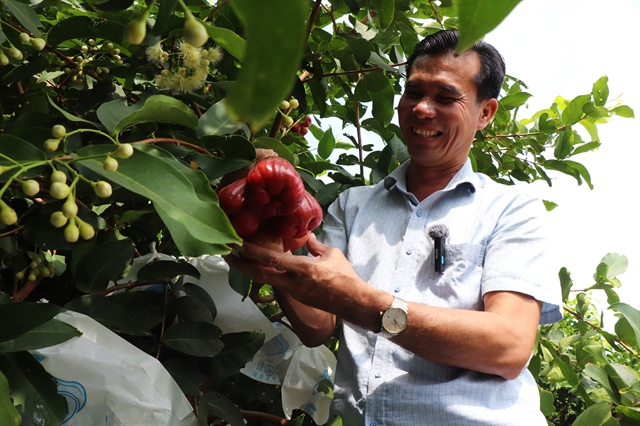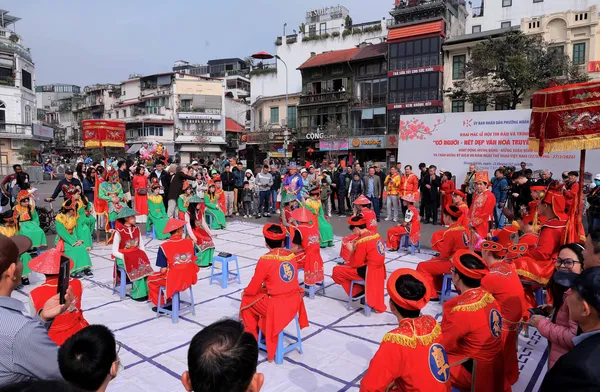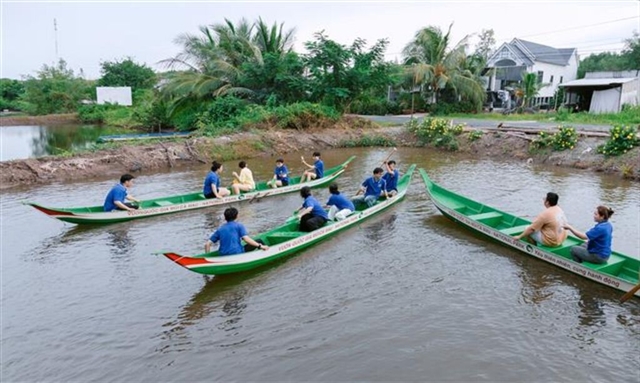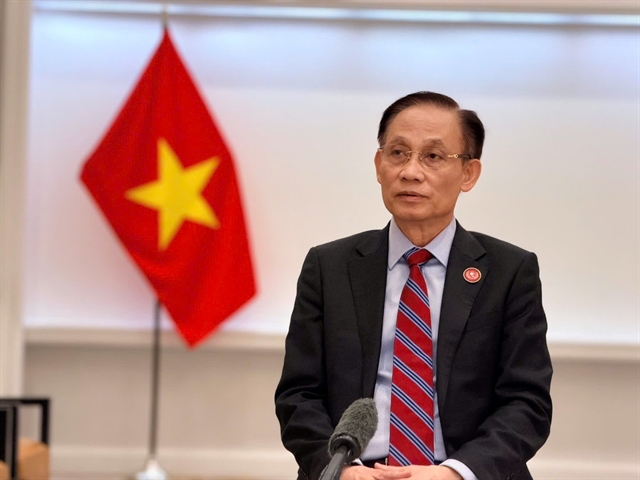 Politics & Law
Politics & Law

On the second day of the 58th meeting of the 14th tenure National Assembly (NA) Standing Committee on Tuesday, the committee members discussed key plans for Việt Nam’s socio-economic development, its finance and medium-term public investment between 2021 and 2025.
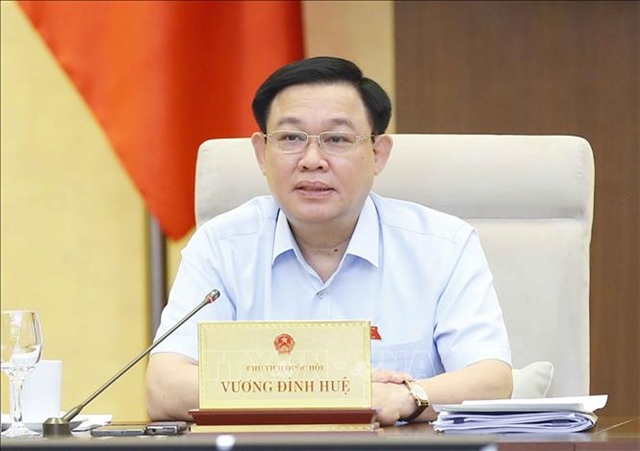
|
| NA chairman Vương Đình Huệ at the second day of the 58th meeting of the 14th Tenure National Assembly (NA) Standing Committee on Tuesday. VNA/VNS Photo |
HÀ NỘI — Committee members have discussed plans for Việt Nam’s socio-economic development, its finances, and medium-term public investment for 2021 to 2025 on the second day of the 58th meeting of the 14th tenure of the National Assembly Standing Committee.
Vice NA chairman Trần Thanh Mẫn said that in the last four years, Việt Nam’s economy grew stronger with deeper international integration and increased gross domestic product (GDP).
Last year, Việt Nam’s GDP increased 2.91 per cent compared to 2019, and higher than that of other countries in the Asian region and the world.
However, this level of economic growth is not sustainable, when the country is facing many challenges including climate change, natural disasters and diseases like the COVID-19, according to Mẫn.
He called on the Government to further identify disadvantages and shortcomings that affect the country’s finances.
Last year, more than 100,000 enterprises withdrew from the market, Mẫn said, urging the Government to classify and analyse these businesses to identify strengths and weaknesses in the country’s economy.
It was also necessary to identify the full impact of the COVId-19 pandemic on enterprises, which would be the foundation for the direction of national finances in the following years, Mẫn said
“This year, Việt Nam is under pressure to pay back public debts incurred due to overspending from 2016 to 2020,” Mẫn said. He asked that ministries, agencies, and localities tighten spending and prioritise investment.
“Drastic measures are needed to ensure a safe level of public debt and to secure the national finances and macroeconomic stability,” he said.
Chairwoman of the National Assembly's Justice Committee, Lê Thị Nga, said that the Government should report on more social issues such as crime prevention and control, anti-corruption and culture.
She also mentioned criminal cases relating to financial autonomy in Bạch Mai Hospital and the Sài Gòn Eye Hospital. She urged the Government to draw lessons in socio-economic management, particularly hospital management.
Furthermore, she questioned if violations at the hospital were the results of the Government’s loose management of the program or the lack of pilot models before implementing the autonomy policy across the country.
She said pilot programmes should precede the implementation of any new policies and that the Government and authorised agencies need to regularly examine and inspect the implementation of said policies.
NA Chairman Vương Đình Huệ said that the Government and relevant agencies did quite a good job in preparing a draft plan on Việt Nam’s socio-economic development in the period 2021-2025, its financial plan for the same period, as well as schemes for medium-term public investment and public debt.
He said that the plans needed to point out the problems and difficulties Việt Nam faces when applying new mechanisms for public investment.
For the last five years, the country has gradually solved the problem of scattered investment and low investment efficiency. After the amended Law on Public Investment was approved along with other management changes, the disbursement rate of public investment, last year, reached nearly 98 per cent.
Huệ said that it was important to improve the legal framework and clarify the responsibilities of agencies in reviewing and proposing changes to legal documents if needed. VNS

